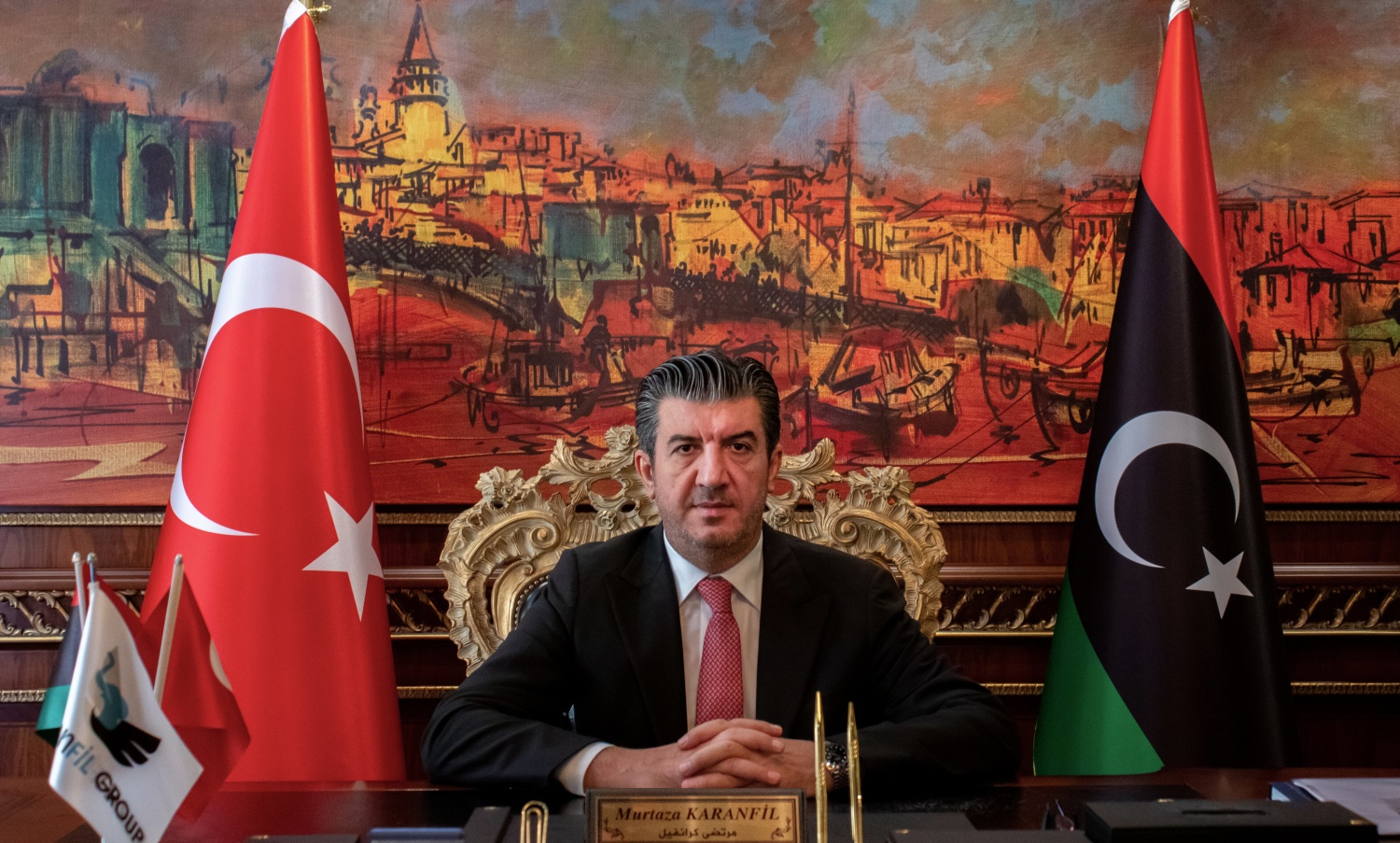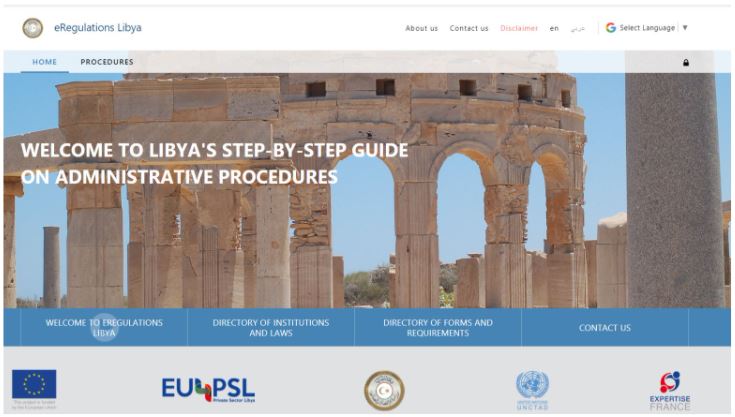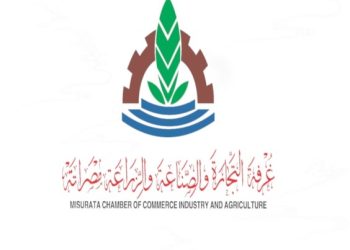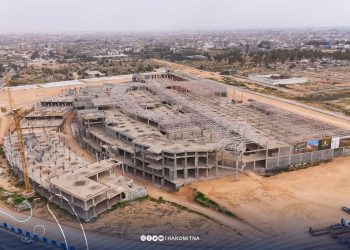Murtaza Karanfil, the influential chairman of the Turkey-Libya Council of the Foreign Economic Relations Board of Turkey (DEIK), proposed that Libya settle its long-standing US$ 4 billion debts with Turkish companies on a barter basis, Turkey’s Anadolu news agency reported yesterday.
The debts were racked up by Turkish construction companies during the Qaddafi years leading up to the 2011 revolution that overthrew old regime.
“In addition to being a solution to the struggling payment mechanism in Libya, the barter system can offer a new market of US $40 billion to Turkish businesses,” Karanfil was quoted as saying by the news agency.
The head of the DEIK was also stated as saying that the agreed Turkish-Libyan payment mechanism, which is now working with difficulties due to the political instability in Libya, can only be solved through the barter method.
He is further reported as saying that the global energy transformation effort to fight climate change would have a negative effect on oil-dependent economies such as Libya. To this end, Karanfil said that if Libya does not take action in the five to 10 years, it has to “grapple with an economic downturn.”
“We must both accept and explain to the Libyans that the barter system is the best step that can save Libya from being in such a situation,” he was quoted as saying by Anadolu.
Analysis
Karanfil’s statement is quite indicative and will have resonated with tens if not hundreds of foreign contractors owed money by Libya.
It has long been feared by contractors from other countries owed debts by Libya that due to political alignment and Turkey’s close relationship with Tripoli, Turkish companies would get more favourable, and perhaps, unjust, priority payment of their debts.
This had been hinted at and suggested as a result of several meetings between Libya and Turkey over the outstanding debts. Indeed, when Turkey came to the aid of Tripoli militarily during Khalifa Hafter’s failed war on Tripoli in January 2020, it had been assumed that the settlement of Turkey’s debts were an undeclared integral part of the deal.
It will be recalled that Libya and Turkey signed an MoU on 13 August 2020. The agreement was part of cooperation between the two countries to complete 184 stalled Turkish construction projects in Libya estimated at US$ 16 bn.
However, Karanfil’s statement is an admission that despite its political alignment to Turkey, Libya has been unable to repay its debts. This confirms that Libya is struggling financially due to decreased oil production and sales since 2011 and is unable or unwilling to dip into its sovereign savings and investments to repay even its closest ally Turkey.
It may also reveal a Turkish view that Libya’s future hydrocarbon earnings may never return to their previous peak or that Libya may never have the disposable petrodollars in the future to repay its debts.
Turkish parliament passes bill to send troops to Libya (libyaherald.com)
Turkish contractors: an overview of negotiations on their return to Libya (libyaherald.com)
Libya reviews healthcare debts to Turkey (libyaherald.com)
Libya and Turkey set up committee to oversee return of Turkish companies (libyaherald.com)
Libya-Turkey $20 billion payments deal seems nearer (libyaherald.com)










